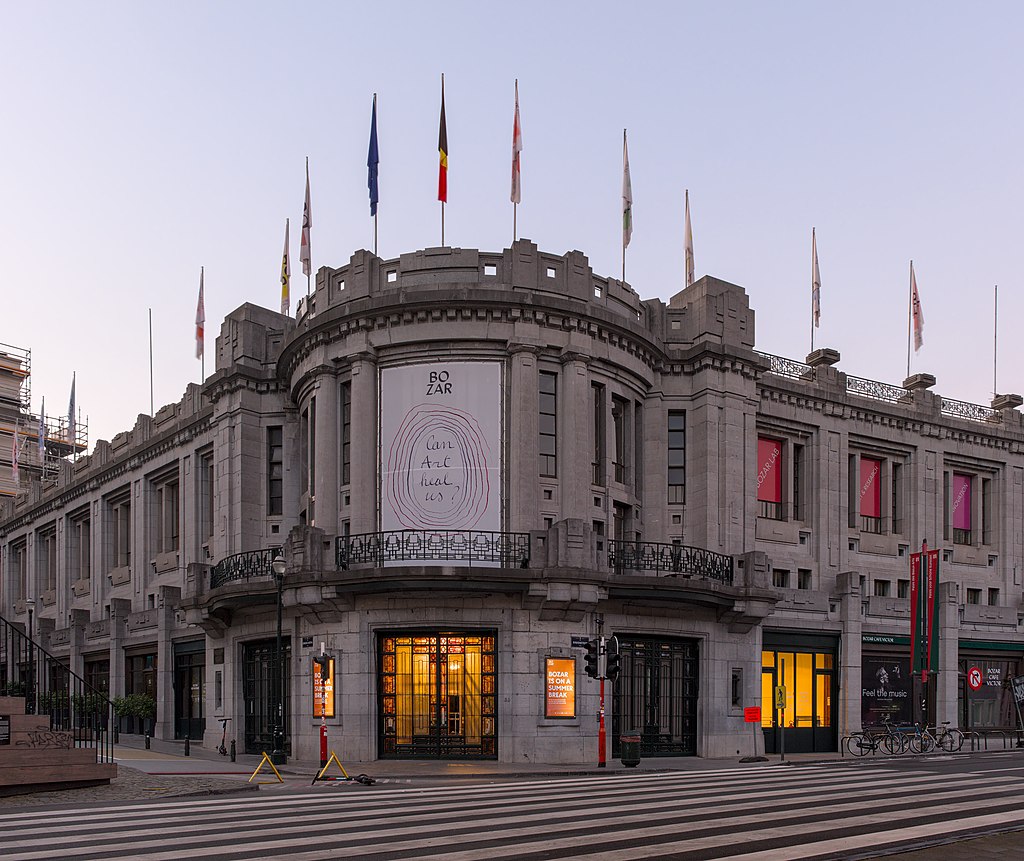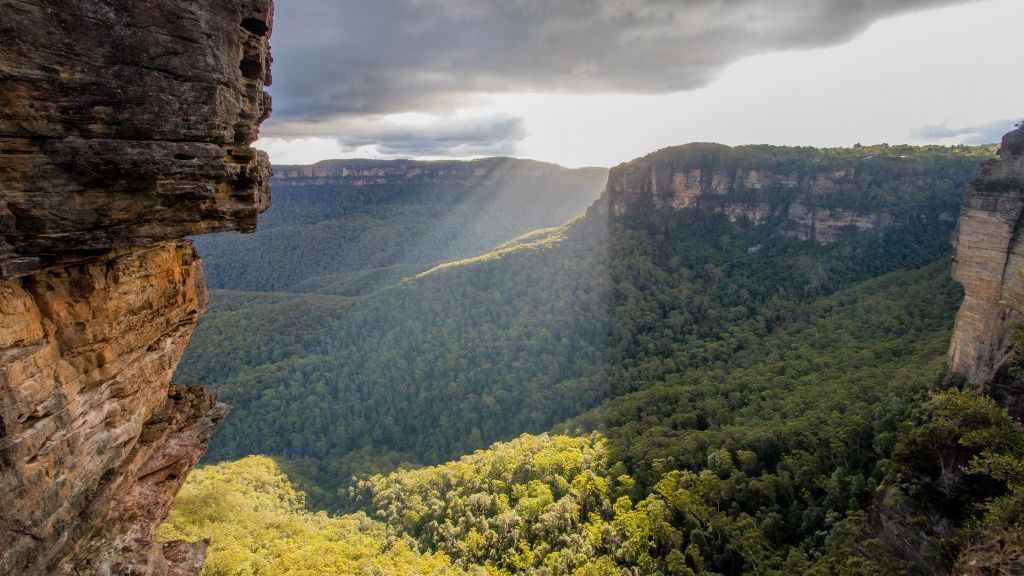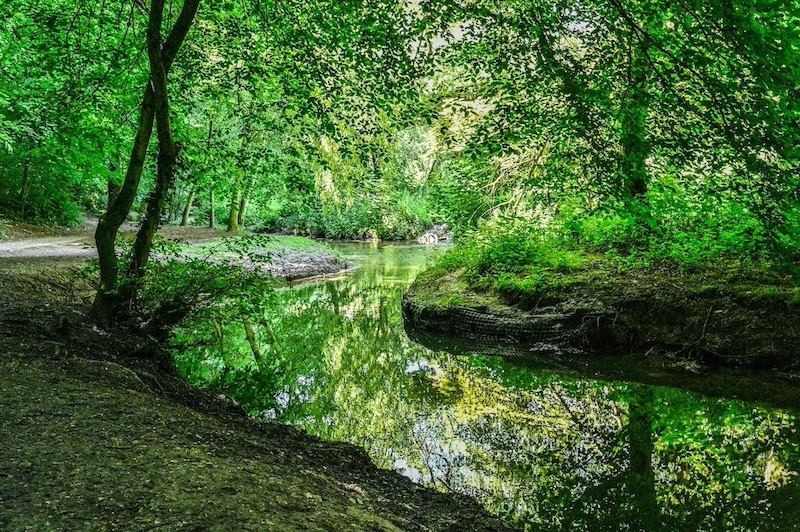Tourists do not need to remain in doubt until the moment of the actual experience to gain an understanding of their tour’s inner nature. To discover whether the Slum Tours options they have come across conduct ethical or unethical practices, a responsible and conscious traveller must become well-informed, and in this case as well the process starts with questions and reflections.
I would like to expand on and structure further the guidelines I suggested in my interview to Travindy a few years ago.
Especially because I strongly believe that the power of positive change that tourists have is great, and it needs to be not only acknowledged, but also nourished.

- Look for a Code of Conduct and rules
Just as when we visit a Nature Reserve or a traditional Indigenous community, so also when we cross the entrance of a slum, there are rules. Or at least, there should be. After all, these are people’s neighbourhoods, and, in some cases, you will be walking along narrow alleyways, very close to a household’s front doors and windows, opened up because of the heat in their rooms. Respect is paramount.
Some of these rules are specific to the context you are visiting, but most of them are common to different locations. Such as taking photographs of people, which should only happen after having been granted direct permission from the individual you would like to capture – also, consider that there might be places where you cannot take pictures, for your group’s, your guide’s, and your own safety. Giving money to people is an act that can imply multiple haughty assumptions and the pity of superiority. Ask yourself how you would receive a donation from a stranger walking down your own street.
Common sense and respectful behaviour should save you from selfish voyeuristic and inconsiderate actions that will make someone feel like an animal in a cage.

Beyond preserving the safety of tourists, these rules are a sign of basic respect for the local inhabitants, their routines and daily activities. If your agency does not have such a list, this should be considered as a representative indication of their attitude towards the community.
If you only realise at the beginning of the tour that there are no rules, you can always create your own ones, imagining that you are writing them for visitors of your own community of beloved ones.
Do not forget the important contribution that sharing your experience and reporting the lack of appropriate rules can have on future travellers, but especially on the quality of the next tour which will be experienced by community members.

- Ask only for local tour guides
In addition to that, do not be afraid to ask awkward questions during the tour, regarding the current local situation. Be curious, taking leads from the words and stories of your guide. From their answers, you will soon perceive whether the narrative was created for tourist-pleasing purposes, or it represents the honest effort to shine a revealing light on the community.
- Buy local
Choose tours that have a variety of options for locally produced souvenirs and homemade meals. Expect to be granted time to explore the alternatives and interact with the vendors freely. Aim to engage in meaningful conversation with other human beings.
- Demand economic transparency
Many tour operators boast about the positive economic impacts they leave in the community, but, sometimes, they are not even able to show where the money really goes. Do not encourage false good intentions and greenwashing practices. It is your right to ask for details of how the profit is distributed locally, and it will make a great difference if that is a regular percentage or a one-off ‘benevolent’ donation by the company. Observe the language they use.
- Investigate the relationship the agency has established with the local community
This is capital. Does it seem to be based merely on a commercial transaction, or appear rooted in a long and trustworthy human and professional relationship? Remember, the existence of a local charity partner proves neither engagement nor local positive impact per se.
Defining what or who a community comprises is not always an easy task, and you want to avoid the risk that the tour is financially benefiting only a couple of people that happen to live in the community. You are looking for grassroots original community projects, of course. Unfortunately, there are many examples of fake social projects, or NGOs, created with the sole purpose of pumping money into personal accounts. Be aware of scams.













